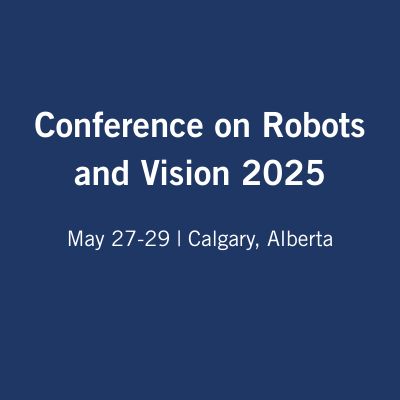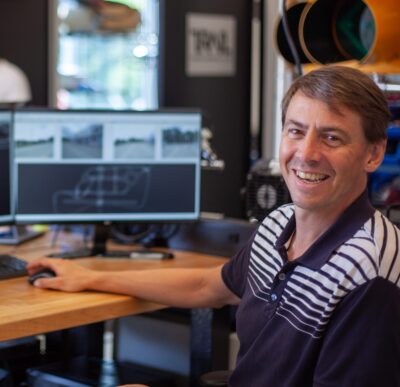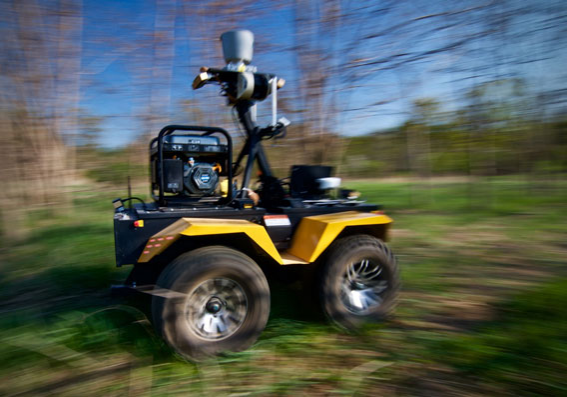
Navigating unknown environments
Professor Tim Barfoot’s (UTIAS) Autonomous Space Robotics Lab develops visual odometry and teach-and-repeat strategies to guide robots in unknown environments.
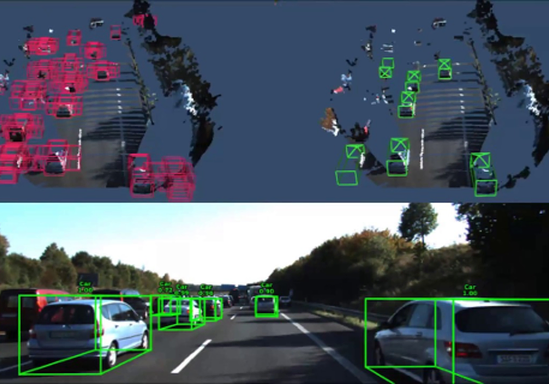
Robots that see & understand
Professor Steve Waslander’s (UTIAS) TRAIL Lab designs deep learning and computer vision principles to help autonomous vehicles detect objects and estimate their dimensions, orientation and pose.
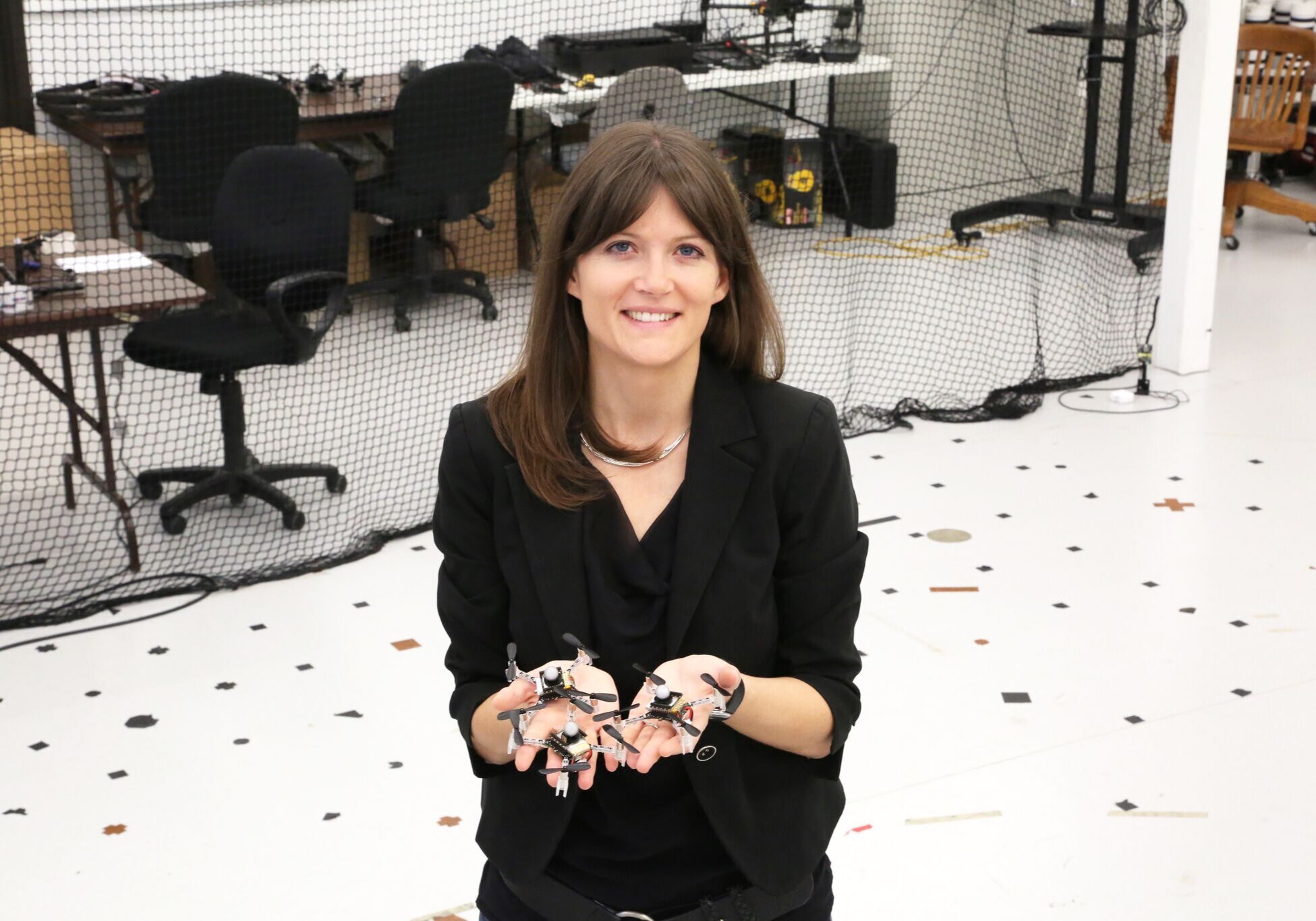
Learning from experience
Professor Angela Schoellig’s (UTIAS) Dynamic Systems Lab uses controls and machine learning to enable mobile robots to learn from past experience and from each other.
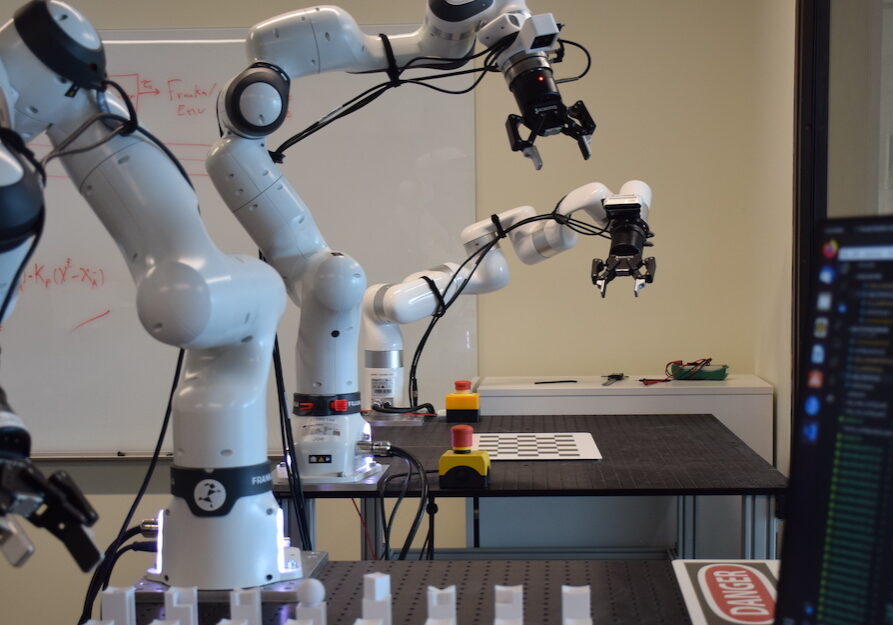
Power-on-and-go
Professor Jonathan Kelly’s (UTIAS) STARS Lab designs robust systems that can operate safely and robustly from day one, without human intervention.
Healthcare Robotics
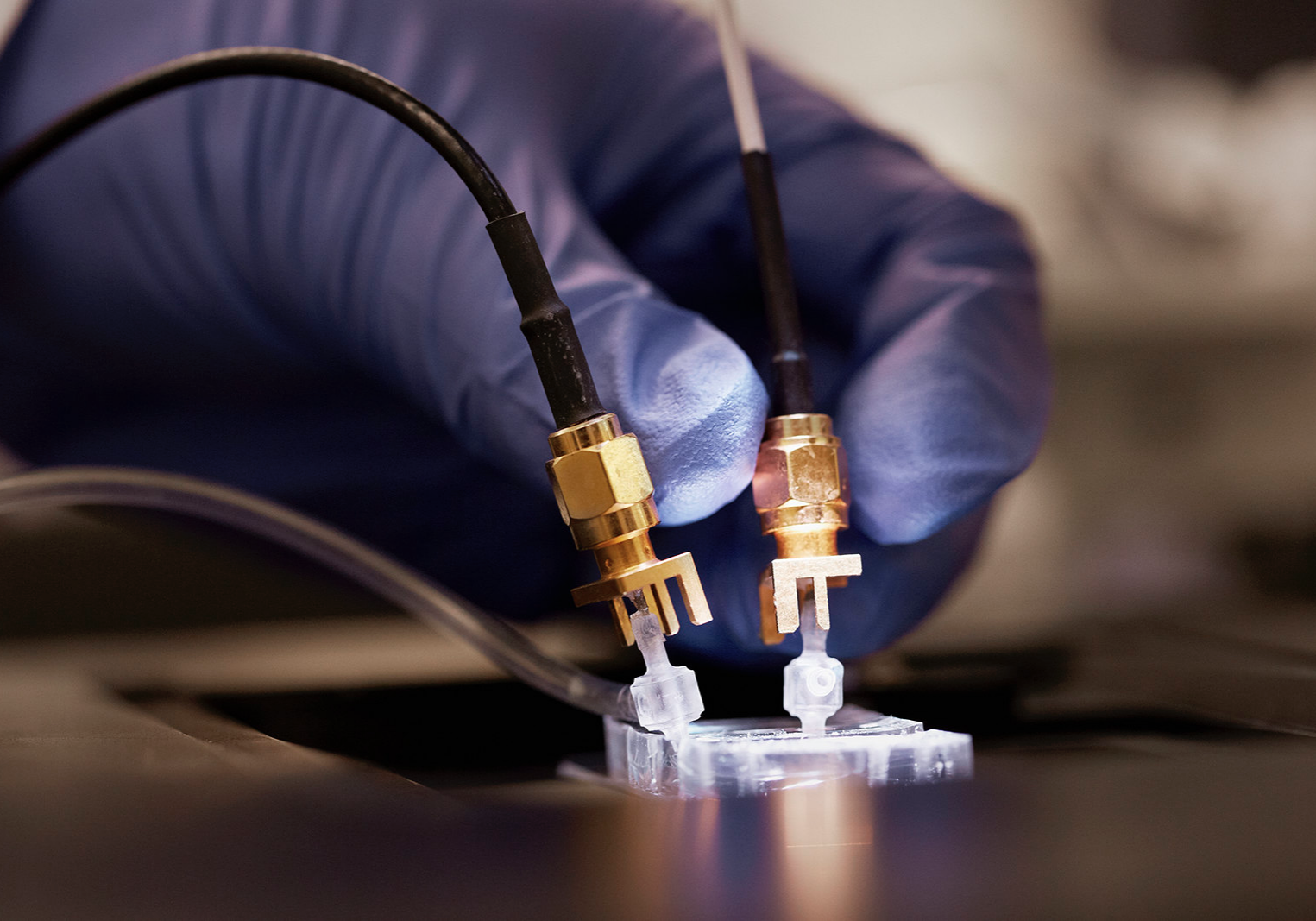
Cellular-level surgeons
Professor Yu Sun’s (MIE) Advanced Micro and Nanosystems Lab generates AI-powered micro- and nano-sized robots to revolutionize cancer research and clinical cell surgery.
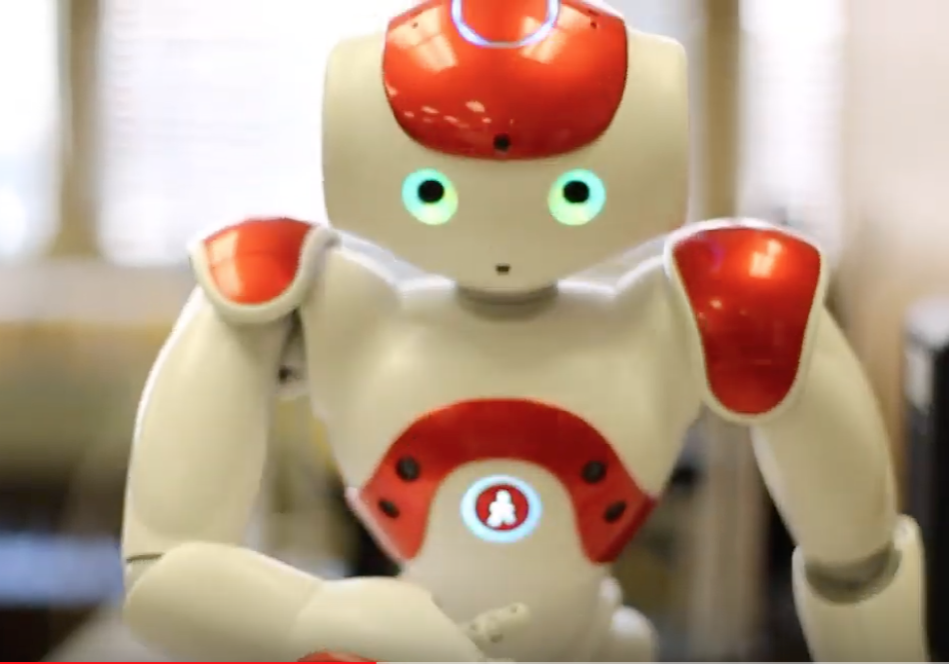
Robot companions
Professor Goldie Nejat’s (MIE) Autonomous Systems and Biomechatronics Lab uses assistive and social robots to help people age in place, and support them in hospitals and long-term care facilities.

Stroke rehab
Professor Alex Mihailidis’ (IBBME) Intelligent Assistive Technology and Systems Lab creates light-weight and easy-to-use robotic glove that improves hand function in stroke survivors.
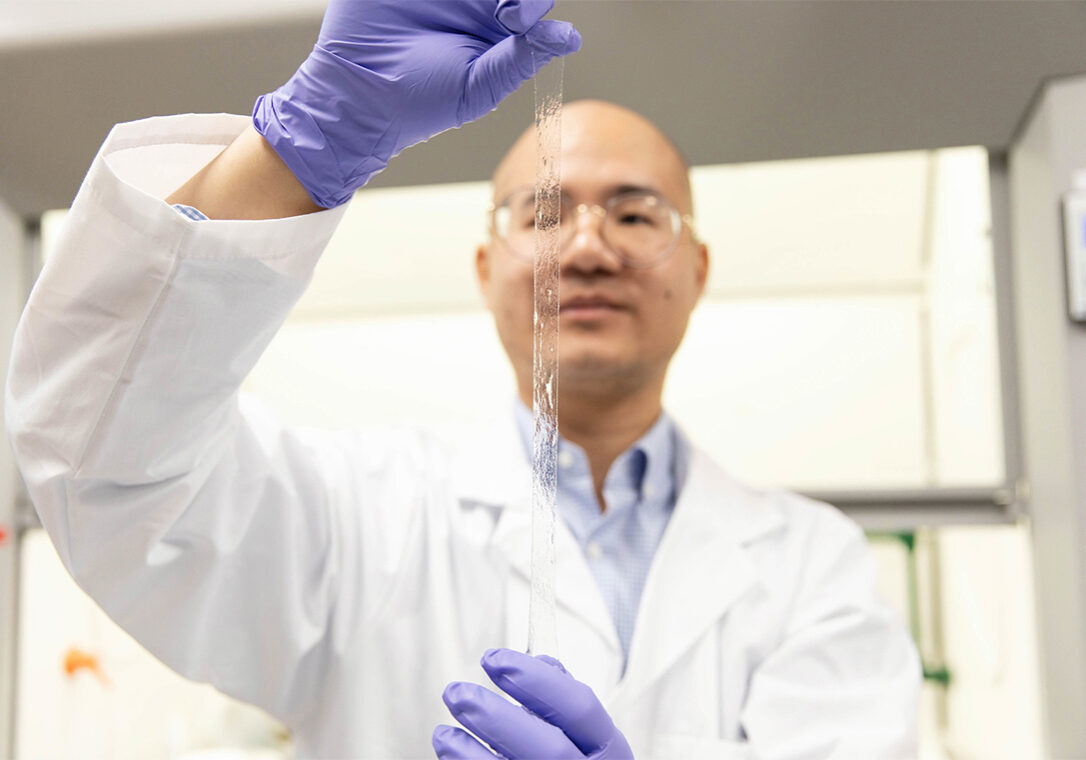
Stretchable e-skin
Professor Xinyu Liu’s (MIE, IBBME) Microfluidics and BioMEMS Lab develops flexible and stretchable electronic components, circuits and biosensors for soft robotic systems.
Advanced Manufacturing
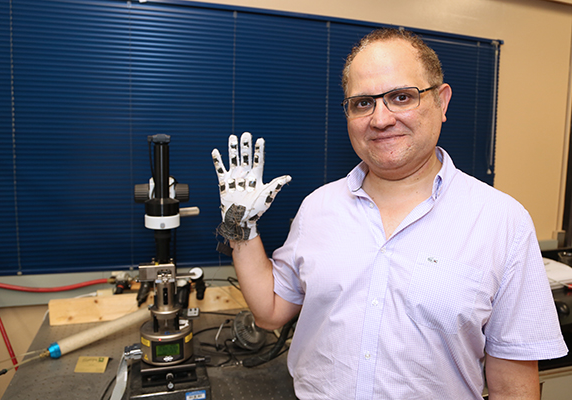
Smart materials
Professor Hani Naguib’s (MIE, IBBME) SAPL Lab develops smart material that can sense its environment and respond by changing into shapes it has been programmed to remember.
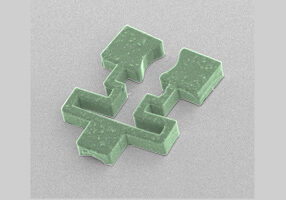
Tiny robot factories
Professor Eric Diller’s (MIE) Microrobotics Lab develops tools and techniques for accessing small and confined environments.
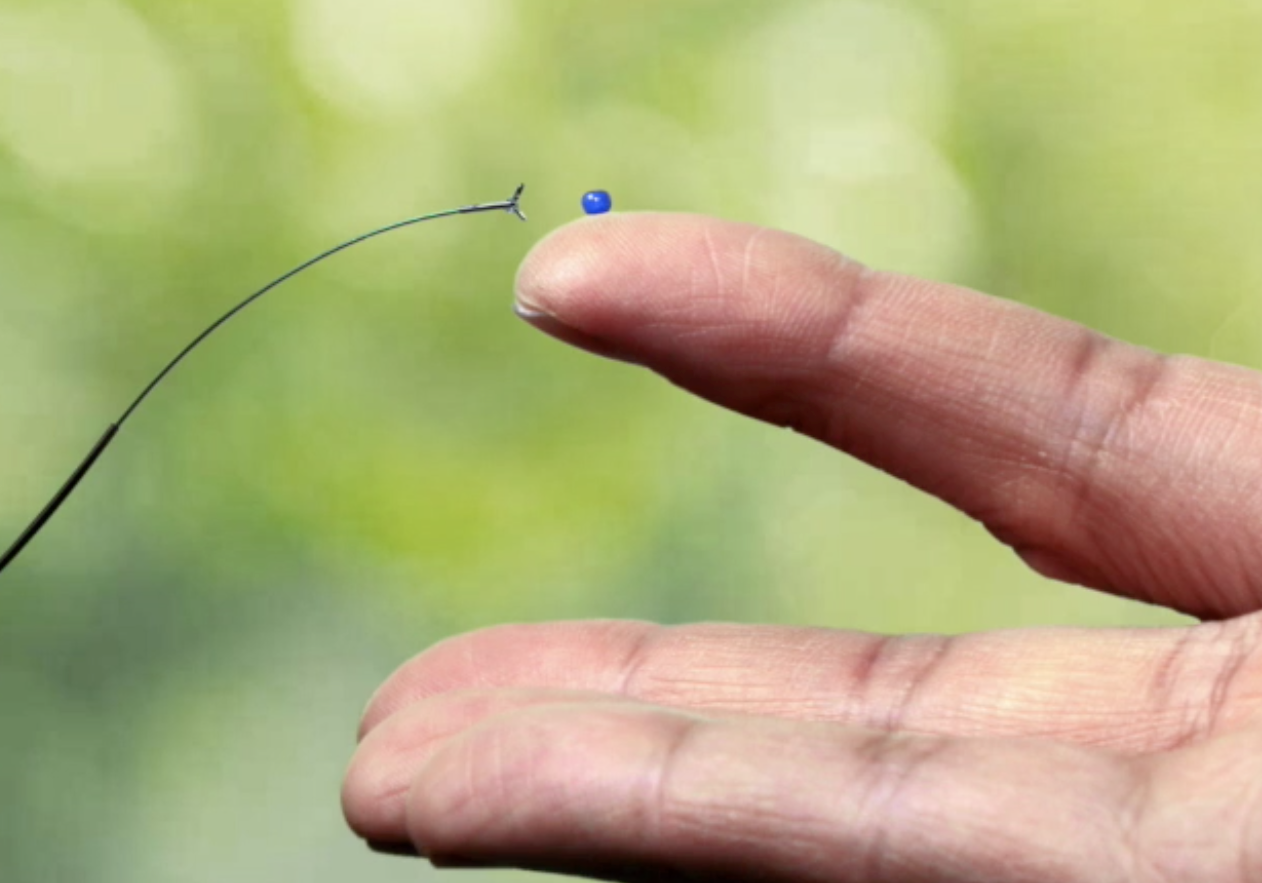
Jointless robots
Professor Jessica Burgner-Kahrs’ (CS) Continuum Robotics Lab develops snake-like robots that can traverse confined spaces, manipulate objects in complex environments, and to conform to curvilinear paths in task space.
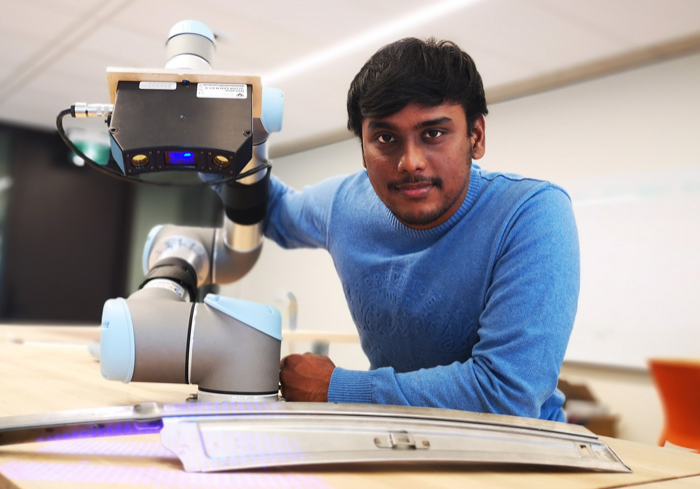
From objects to data
Professor Yu Sun’s (MIE) Advanced Micro and Nanosystems Lab creates robotics systems and 3D vision algorithms that can inspect auto parts, identify defects, and quickly improve quality control.
Subscribe to the UofT Robotics Newsletter
Sign up for our newsletter to learn more about our research, upcoming events, and collaboration opportunities.
Be sure to sign up with your UofT email address to get notifications and access to internal seminars, workshops and events.

